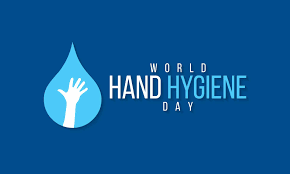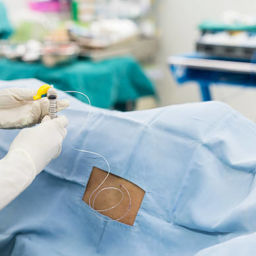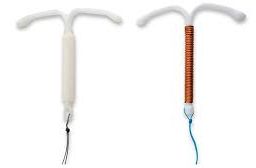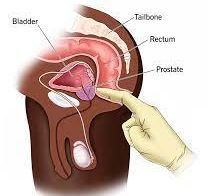
The Importance of Proper Hand Hygiene Practices: Why Clean Hands Matter
In honor of World Hand Hygiene Day, we delve into the importance of proper handwashing practices in preventing the spread of diseases. Discover key tips and practices to elevate your health and contribute to community safety through effective hand hygiene.

World Hand Hygiene Day is observed every year on May 5th, and it is an important reminder to us all about the importance of proper hand hygiene in preventing the spread of diseases. This day is an opportunity to raise awareness of the importance of washing our hands regularly and to encourage good hand hygiene practices to reduce the transmission of infections.
Hand hygiene is one of the most effective ways to prevent the spread of infectious diseases, such as the common cold, flu, and COVID-19. According to the World Health Organization (WHO), regular handwashing with soap and water can reduce the risk of respiratory infections by 16% and reduce the risk of diarrheal diseases by up to 50%. Despite the proven benefits of hand hygiene, many people still do not wash their hands regularly, or they may not do so correctly.
So, what exactly is hand hygiene, and how can we practice it effectively?
Hand hygiene refers to the cleaning of hands by either washing with soap and water or using hand sanitizers. Washing hands with soap and water is the best way to clean your hands, especially if your hands are visibly dirty. Hand sanitizers can be used when soap and water are not readily available or when you need to clean your hands quickly.

To practice good hand hygiene, it is important to follow these steps:
- Wet your hands with clean, running water, and apply soap.
- Rub your hands together to lather the soap, making sure to cover all surfaces of your hands, including the backs of your hands, between your fingers, and under your nails.
- Scrub your hands for at least 20 seconds. Singing the “Happy Birthday” song twice or the ABC song can help you keep track of time.
- Rinse your hands thoroughly under clean, running water.
- Dry your hands using a clean towel or air dry them.
It is also important to practice hand hygiene at key times, such as before and after preparing food, before eating, after using the bathroom, after blowing your nose, coughing, or sneezing, after handling pets or their waste, and after being in public spaces.
In addition to handwashing, we should also avoid touching our face with our hands, as this can transfer germs from our hands to our mouth, nose, or eyes, increasing the risk of infection.

In conclusion, World Hand Hygiene Day is an important reminder of the crucial role that hand hygiene plays in preventing the spread of infectious diseases. By practicing good hand hygiene, we can all do our part to keep ourselves and our communities healthy and safe. Remember to wash your hands regularly and correctly and encourage others to do the same.
Disclaimer: The information provided in this content is for general informational purposes only. It is not intended as medical or healthcare advice, diagnosis, or treatment. Always seek the advice of a qualified healthcare professional with any questions you may have regarding a medical condition or healthcare decisions.
















